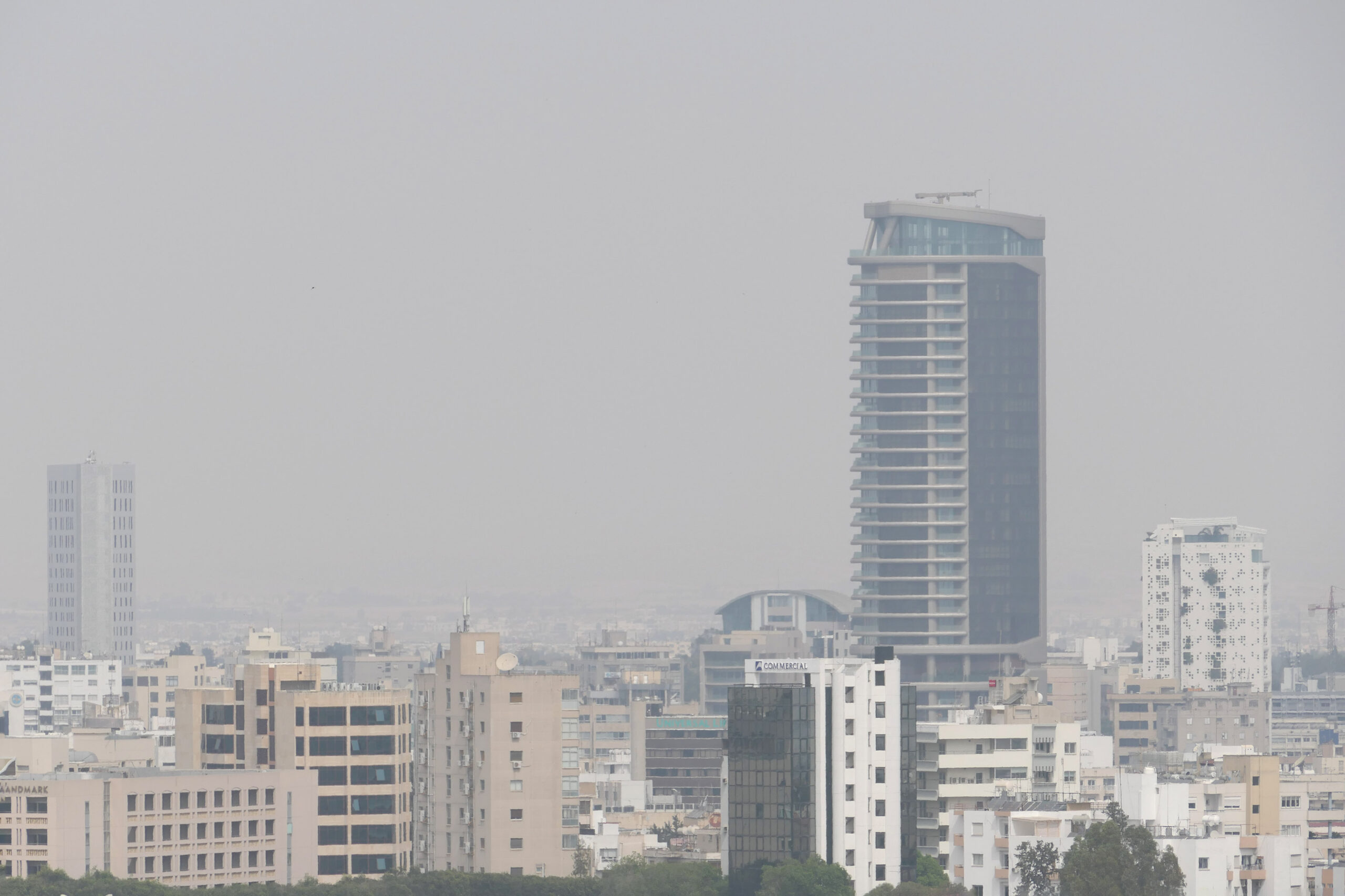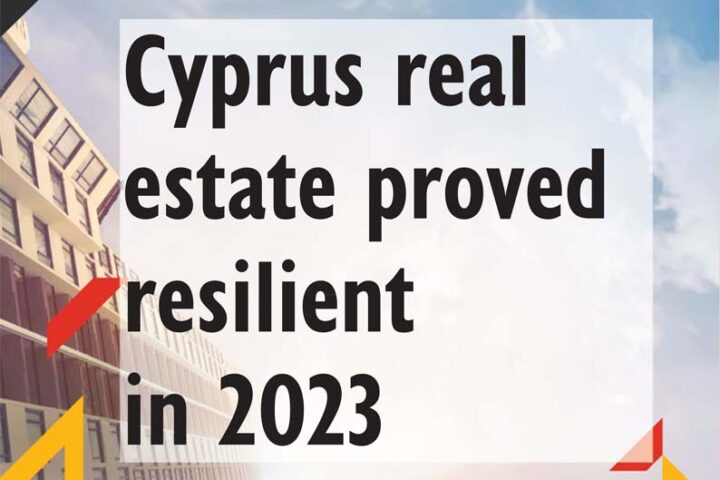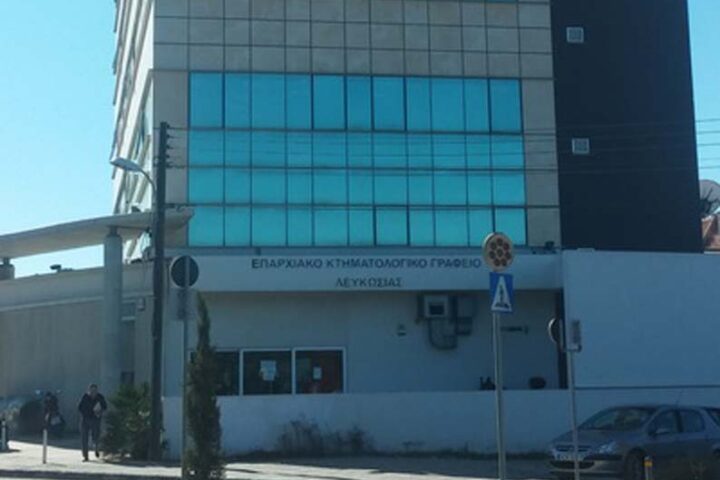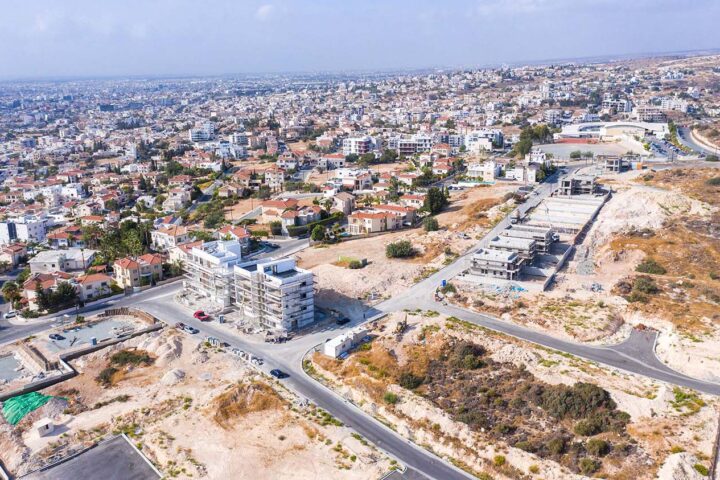By analysing the total number of sales contracts deposited in the Land Registry Office during the first five months of each year, it becomes evident the Cyprus real estate market is experiencing its most active year since 2008.
Following the same metric, it becomes evident the Cyprus real estate market is experiencing its most foreign-dependent sales year since 2007.
To be more precise, foreign sales account for 46% of the total sales in 2023, compared to 43% in 2008.
Taking this dataset analysis further, in 2023, the percentage of foreign sales in the property market is the highest ever recorded, except for 2006 and 2007, when foreigners accounted for 49% and 53%, respectively, on a yearly average.
These figures underscore the substantial reliance on foreign buyers in the current market and highlight international buyers’ consistent interest and engagement in the real estate sector.
According to the Central Bank of Cyprus, house prices increased annually in all regions.
House prices in Nicosia increased by 2.9%, in Limassol by 7.1%, in Larnaca by 3.3%, in Paphos by 10.4%, and in Famagusta increased by 4.2%.
For apartments, prices increased strongly in all regions: 4.3% in Nicosia, 9.3% in Limassol, 9.4% in Larnaca, 8.6% in Paphos, and 5.1% in Famagusta.
According to market data, this strong price increase is mainly attributed to the headquarters policy, which attracted approximately 1,000 foreign interest companies in 2022.
These are primarily companies from Russia, Israel, Ukraine, the United Kingdom, Lebanon, and Belarus.
At the same time, the increase in borrowing costs due to the rise in ECB interest rates seems to have not significantly affected the overall demand for real estate, but on the other hand, it has affected the demand for new housing loans significantly.
According to the publication of Monetary and Financial Statistics by the Central Bank of Cyprus, new housing loans in the fourth quarter of 2022 decreased by 25.2% annually.
The rise in interest rates and construction costs serve as discouraging factors for Cypriots considering property purchases.
However, a group of potential buyers are actively seeking to seize the current opportunity by acquiring properties from the existing stock of new homes before the implementation of changes to the reduced VAT policy.
This is especially prevalent for properties that may not meet the newly established criteria regarding size and value.
While foreign investment in Cyprus property holds significant potential, it also poses inherent risks.
Foreign investment is inherently volatile, influenced by numerous dynamic factors subject to constant change.
In essence, if foreign investment fails to maintain its momentum, there is a substantial risk of prices eventually stabilising/declining.
Thus, to assess the trajectory of prices, one must place confidence in estimating the direction of inflation, interest rates, GDP performance (Cyprus, EU, US, UK) and whether foreign investment rates will continue to remain robust in the Cyprus market.
Based on the overall economic environment, the most probable scenario is for prices to stabilise initially, accompanied by a potential downward pressure leading to a minor decline (less likely for the short term).
Yet, a significant decline in prices on a large scale is unlikely in the medium to long term, given the prevailing economic conditions (except for major political events). Nonetheless, it is crucial to note that if inflation persists at high levels and nominal prices remain stable for an extended period, the “real” prices of properties will inevitably erode.
Charalambos Pitros is a Lecturer in Real Estate at the American University of Cyprus (AUCY) and a Chartered Surveyor Valuer at Zyprus Real Estate – Property Valuers & Estate Agents. www.zyprus.com
The views and opinions expressed in this article are solely those of the author.










